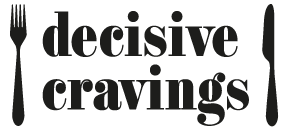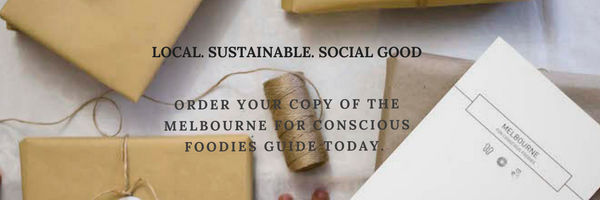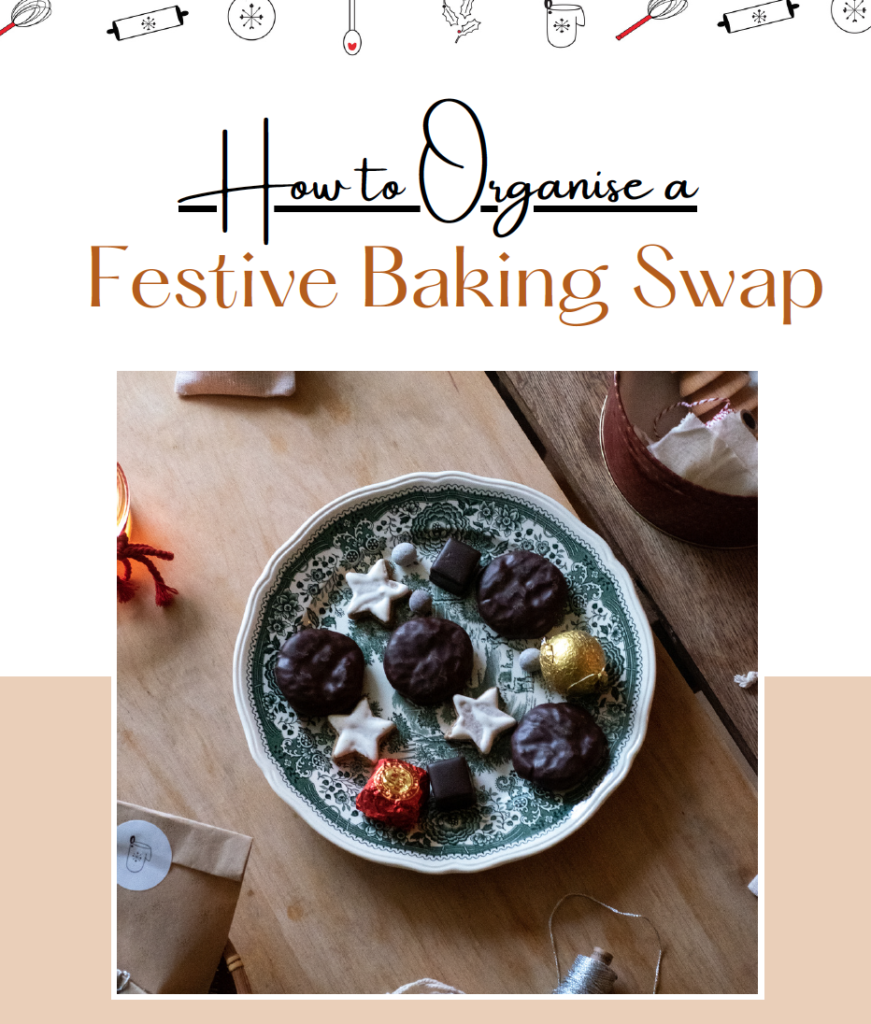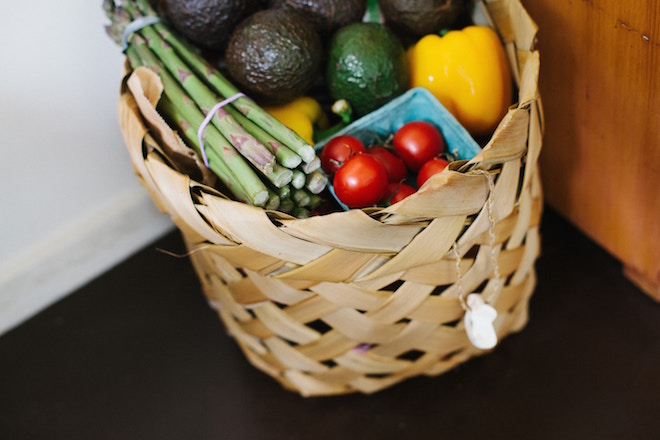 Image by Leonie Wise
Image by Leonie Wise
10 Ways to Be a More Conscious Food Shopper
By Paul Hellier of Fair Food Forager
If you were to put your mind to eating and purchasing food that doesn’t contribute to unnecessary damage to the environment, exploit animals and even people – you could quite easily put yourself into a tizzy, feel overwhelmed and even a little depressed.
Think about the effects of food on our planet. Growing, transporting, packaging and often wasting it, collectively contributes a large amount to issues facing our planet. The system has evolved into an unsustainable mess that will not effectively feed growing populations.
Alas, do not fear. Release the weight from your shoulders. Break down the monumental task in front of you into small everyday choices, we can make this easy.
Here are a few ways to be a more conscious food shopper right away:
1. Arm yourself with a fashionable reusable shopping bag
Everyone who is anyone is doing it. While you’re at it, carrying a Keepcup, reusable straw and produce bags will ensure you are never caught out needing unnecessary single-use plastic.
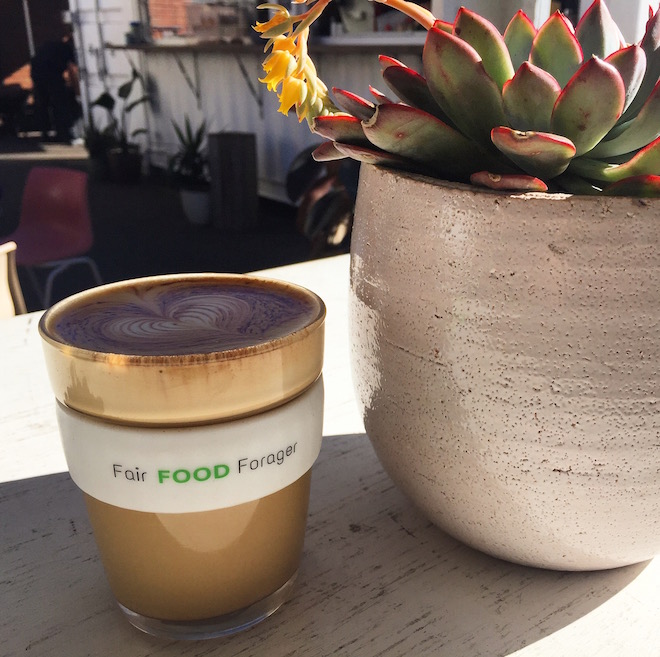 Image by Paul Hellier
Image by Paul Hellier
2. Stand up for skin.
Refuse to support the silly practice of wrapping fruit and vegetables in plastic. Avocados, bananas, apples and zucchini come in their own skins. Naked is best. Show your support by always purchasing loose and naturally packaged produce.
3. Bulk is Best
Bulk food venues are the best way to reduce plastic packaging while allowing you to purchase only what you require. The quality is usually better and options continue to pop up everywhere. Sometimes they will also take your used bottles and jars. #reuse.
4. Keep it local
Farmers markets, community markets and co-ops are a great way to source local produce direct from the people who grow it. This means produce has likely travelled less than 100kms or so. Plus, you can ask the farmer or stall holder where and how it was grown. Interesting stuff!
5. Know your pantry
Be aware of what you already have in the cupboard and fridge. Reduce your shopping to the things you need to complete meals from what is already in stock. This will save you money and a lot of food waste.
6. Stumps, stalks and leaves.
If you include the stumps, stalks and leaves as edible food, you will need less. I used to take scraps from my neighbours to feed the chickens and I was always surprised by how much perfectly edible food is thrown out. Leaves of beetroot, stems of silverbeet, stumps of broccoli are all perfectly edible and tasty. Google some recipes using all parts of produce or ask your Nan, I bet she has a few secrets she’d love to share.
7. Animals have personalities too
I want you to remember that the steak you are eating was once a living, breathing animal who had thoughts and feelings. Sure a cow isn’t concerned about the car they are going to buy, but you can be sure they had things in life they enjoyed and things that made them miserable. Choosing to shop where the meat is sourced ethically and animals are truly free range is a great way to ensure your eating habits aren’t causing unnecessary harm.
8. Climate cow
I’m not about to tell you that you have to be a vegetarian or vegan. However, there is a lot of merit in practicing at least, part time veganism.
Want to reduce your contribution to climate change? Cut back on meat consumption. As much as 80% of the world’s crop production goes into feeding live stock or making bio-fuel. This requires large scale monoculture farms and petrol guzzling machinery, where forests are removed, top soil is lost and soil nutrients are depleted. Yet only a small percentage of our food is actually supplied this way, and more of it supplied by small scale rural, urban and permaculture setups.
Eating less meat is one step that really is better for you and better for the planet.
9. Sustain the sea
Would you eat a tiger if it was on the menu? No way! Well some fish species are just as endangered yet still consumed. If you like fish, look for more abundant species. Try quick maturing small fish. Fish that reproduce 6 months from birth are more likely to have passed on the next generation than big fish who might be taking 5 years plus to reach maturity.
Look for the Fair Food Forager “sustainable seafood icon” when choosing seafood restaurants and check out resources like the sustainable seafood guide.
10. Oils ain’t oils
Palm oil is incredibly destructive, and is an ingredient in many supermarket products. Unprocessed, local and natural foods will make avoiding it easier. You can also look to palm oil organisations for a list of alternative products using sustainable palm oil or no palm oil at all.
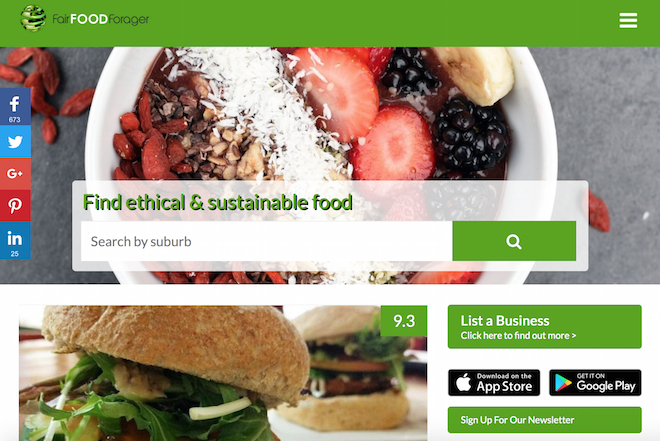 Visit FairFoodForager.com.au for more tips on ways to be a more conscious food shopper
Visit FairFoodForager.com.au for more tips on ways to be a more conscious food shopper
